|
10th November 2019 Gaming Sunday continues at 'The Sovereigns' in Woking. Next up was; 'Legends Untold'. Legends Untold is a sort of hybrid card game RPG. The players take on the roles of nascent heroes thrust into adventure by circumstance. These heroes will form a party and explore either caves or dungeons, whilst the role of 'GM' is played by various decks of cards. There are 2 Legends Untold games, 'The Weeping Caves' & 'The Great Sewer'. What's in a game? Legends Untold packs a lot of cards into a relatively small box. These include:
How's it play? The setup for each game depends on which scenario card is used. The scenario will tell the players the number of card to put into each of the game's decks.
The game is divided into 4 phases. Scouting phase
Exploration phase
Time and events As explained above, the scenario will determine how big the event deck is. A common size is 6 cards.
Legends Untold has lots of different types of tests. Lots of them.
Like I said, lots of types of tests. Traps There are 2 types of trap. A normal trap which is encountered when drawing a card from the obstacles deck and a booby trap drawn from the adventure deck, either before combat or when searching.
Combat in Legends Untold occurs over a number of stages.
Endgame Each scenario has its own victory or defeat criteria. Generally, if all the PCs are knocked unconscious, it's a defeat. Campaign Legends Untold includes rules and components for a campaign. The campaign is about saving the refugees of an invasion During the campaign, PCs will increase in level as it progresses. Additionally, the results of a scenario will have some impact on later scenarios in the campaign. This includes rating the players on how many refugees they managed to save. It's sort of like a legacy game but without being asked to rip up any cards! Overall
There's a lot to think about here. The game certainly packs a lot of stuff into a small box. But is it good stuff? The exploration mechanics are quite good. Choosing to follow light or dark routes both have advantages and disadvantages. I like how the readiness rules interact with traps. I like the event deck and how it works. I like how as the event deck gets smaller, events become more common. It gives players the feeling that they are working against the ticking clock. Decisions regarding the spending of time become very important. I like how talent cards are also used as hit points. It removes an extra element of bookkeeping from a game that already has a lot of things going on. Losing an ability when wounded makes you feel weaker. When PCs gain levels, they gain additional talent card, thus they also gain more hit points. But perhaps there are too many character stats and thus tests related to them. More often than not, I found that stats became irrelevant, because across all the characters, they always tended to be someone who gave a +2 bonus. Not only that, there are so many rules regarding tests, that the rule book is never closed. I understand need for variety and the need to make all PC stats relevant. But tests could use some streamlining. In my mind more complexity does not equate to more depth. Combat is equally clunky. It's quite confusing that ranged and melee combat are the same but also different. In melee , it's good that both attack and defence are resolved in a single roll. But why couldn't the same philosophy be applied to ranged combat? I know that the game needs to differentiate between PCs and foes who do and don't have ranged attacks. But I feel that combat needed more work, more testing and more streamlining. Finally, the setting is quite uninteresting. It's pretty generic and uninspiring. Because of the I found it hard to engage with the game. Perhaps it as the steep learning curve. Or perhaps it's because I've played quite a lot of RPGs over the years However, it's quite an ambitious game in its own way. I'm not willing to write it off without trying it another couple of tries.
0 Comments
Leave a Reply. |
AuthorI play, I paint. Archives
March 2024
Categories
All
|

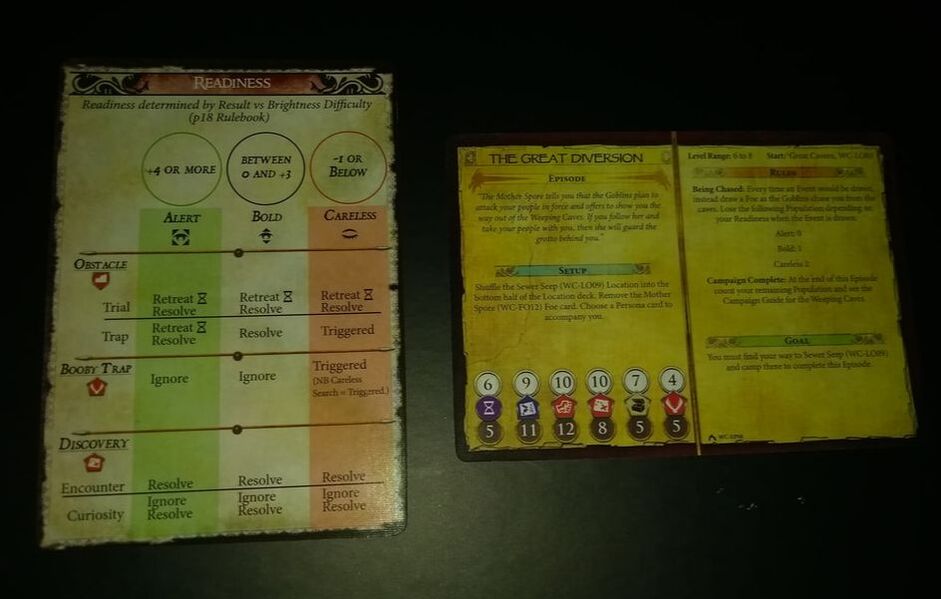
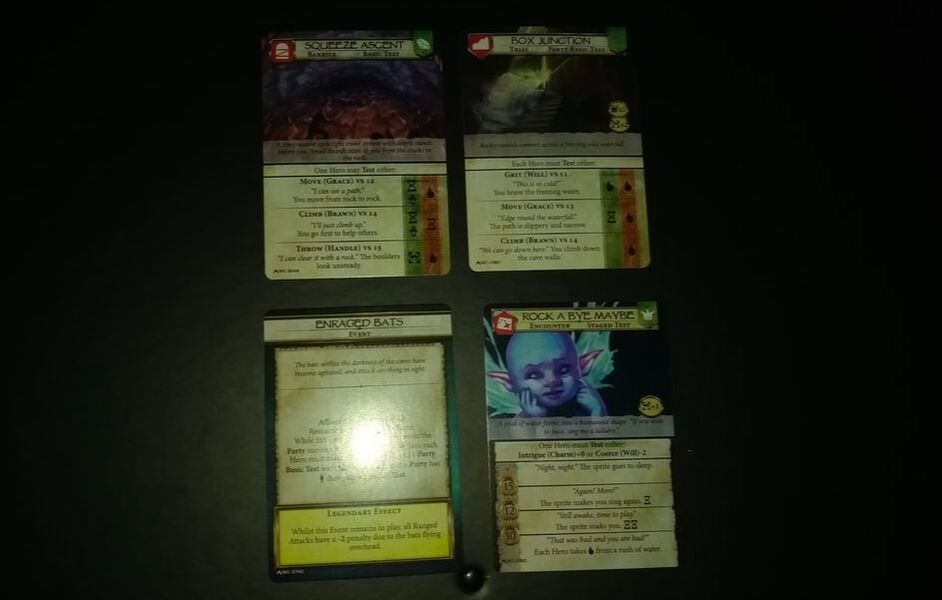
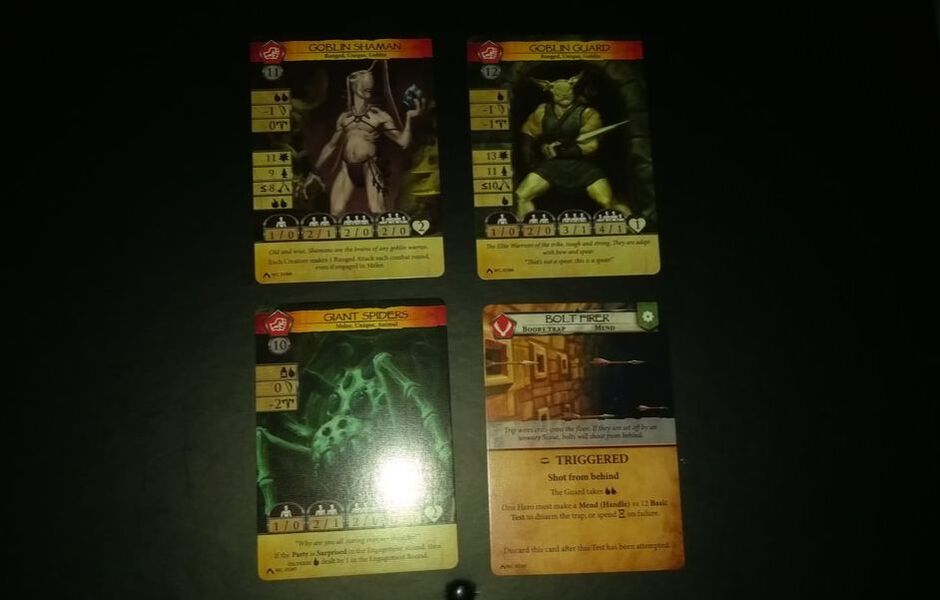
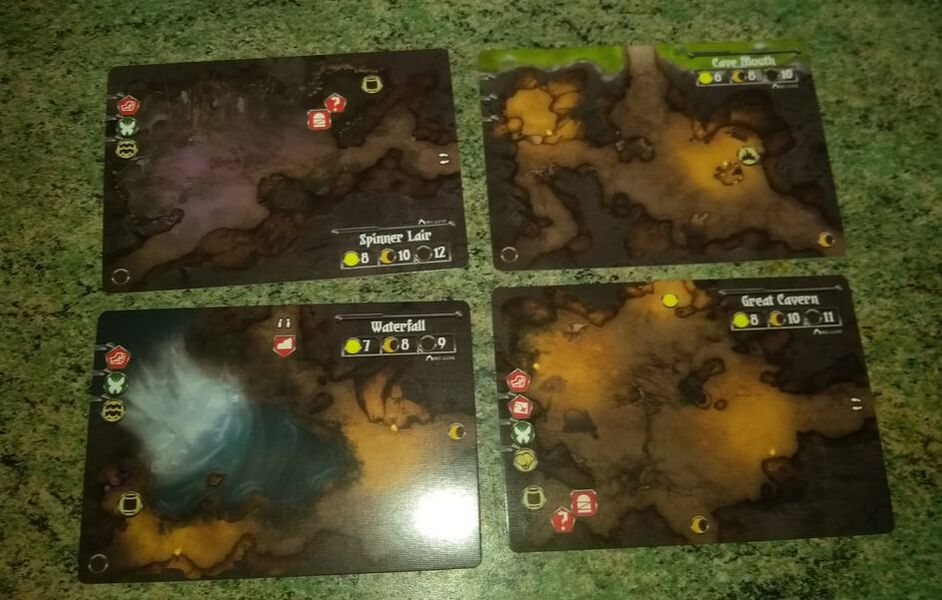
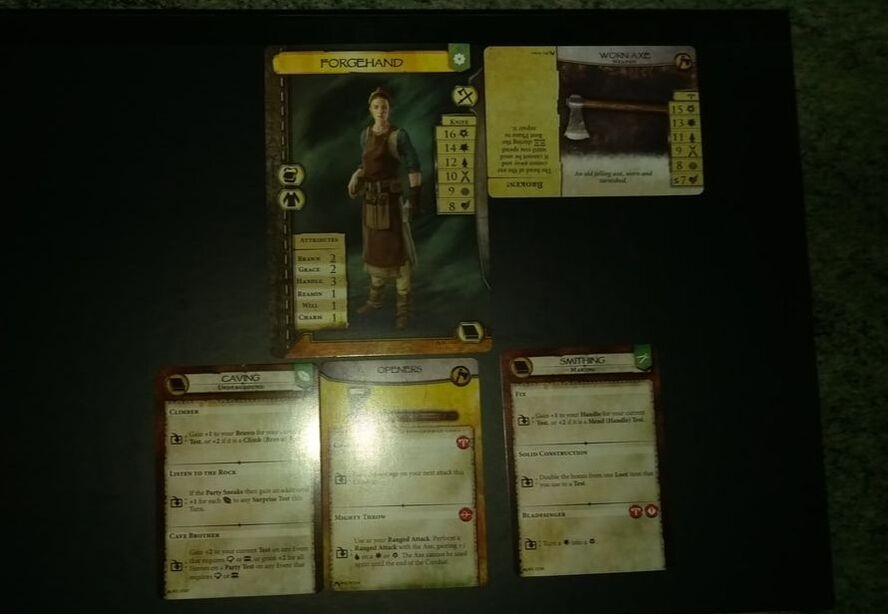
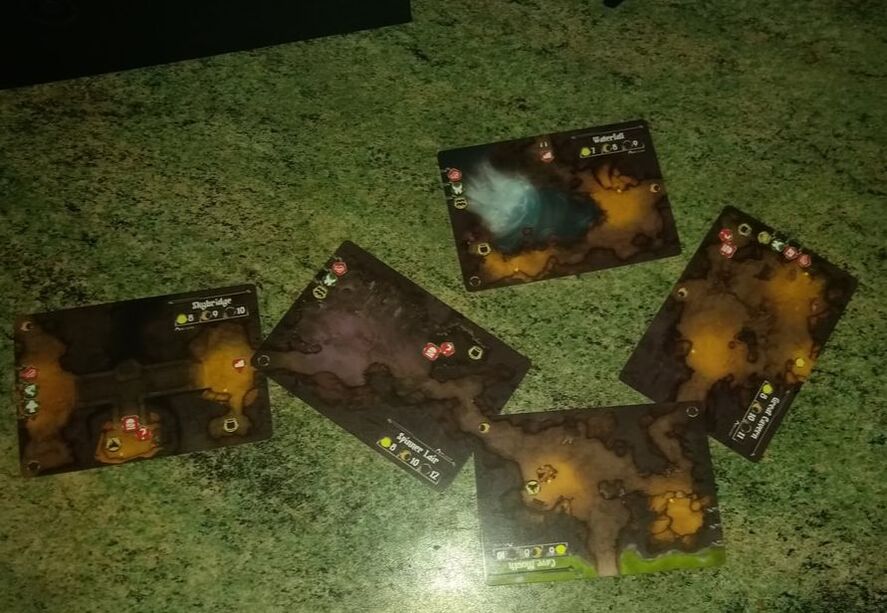
 RSS Feed
RSS Feed
